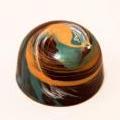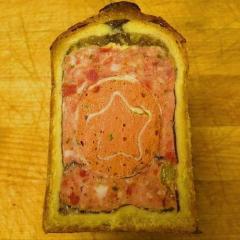-
Welcome to the eG Forums, a service of the eGullet Society for Culinary Arts & Letters. The Society is a 501(c)3 not-for-profit organization dedicated to the advancement of the culinary arts. These advertising-free forums are provided free of charge through donations from Society members. Anyone may read the forums, but to post you must create a free account.
Sommeliers - How do you present wine options to your customers?
-
Similar Content
-
- 57 replies
- 6,837 views
-
- 4 replies
- 554 views
-
- 1,656 replies
- 211,521 views
-
- 145 replies
- 30,863 views
-
Reviewing food history: How much do you take your kitchen and your modern conveniences for granted? 1 2
By Tropicalsenior,
- 26 replies
- 1,424 views
-
-
Recently Browsing 0 members
- No registered users viewing this page.





Recommended Posts